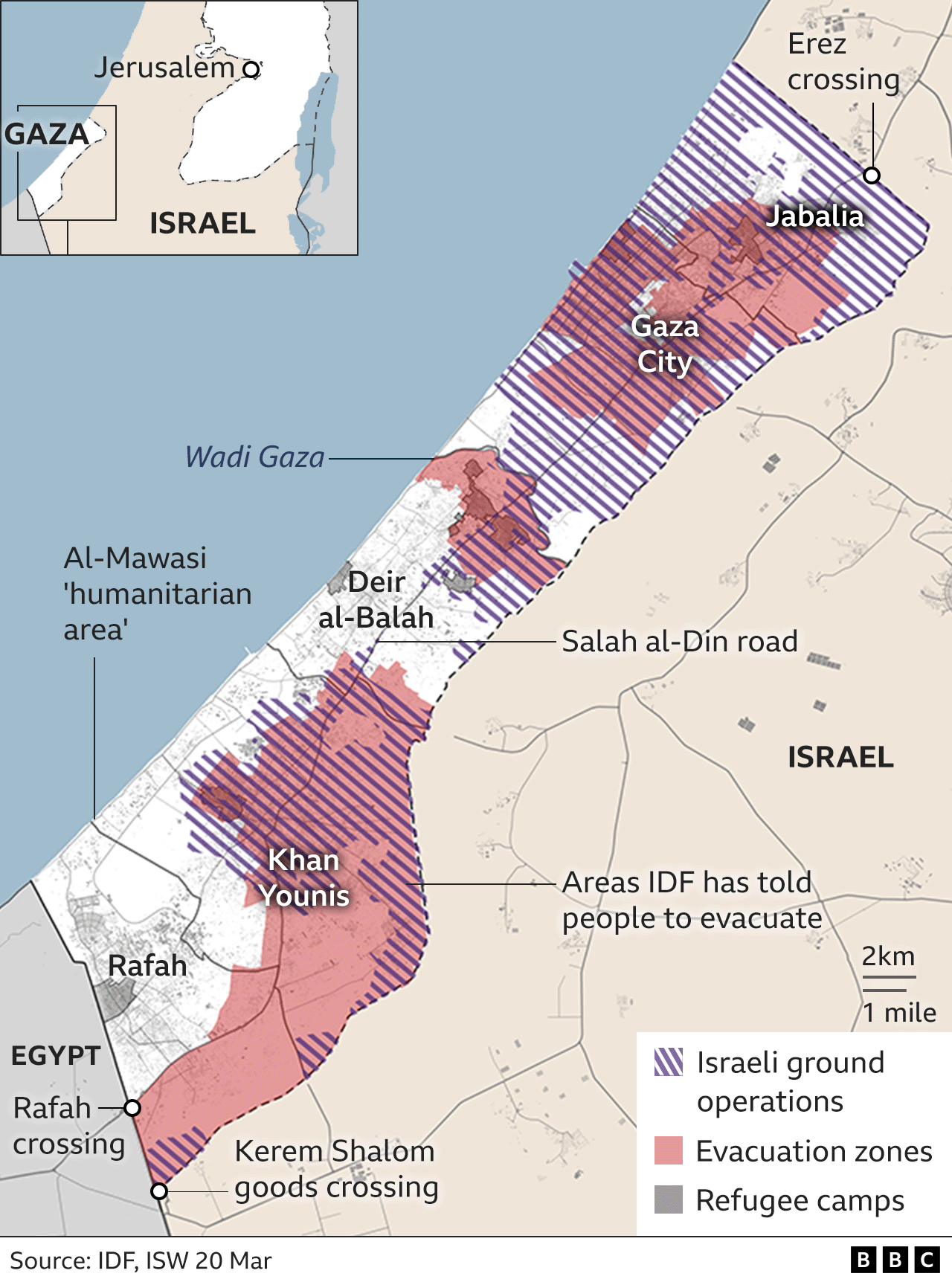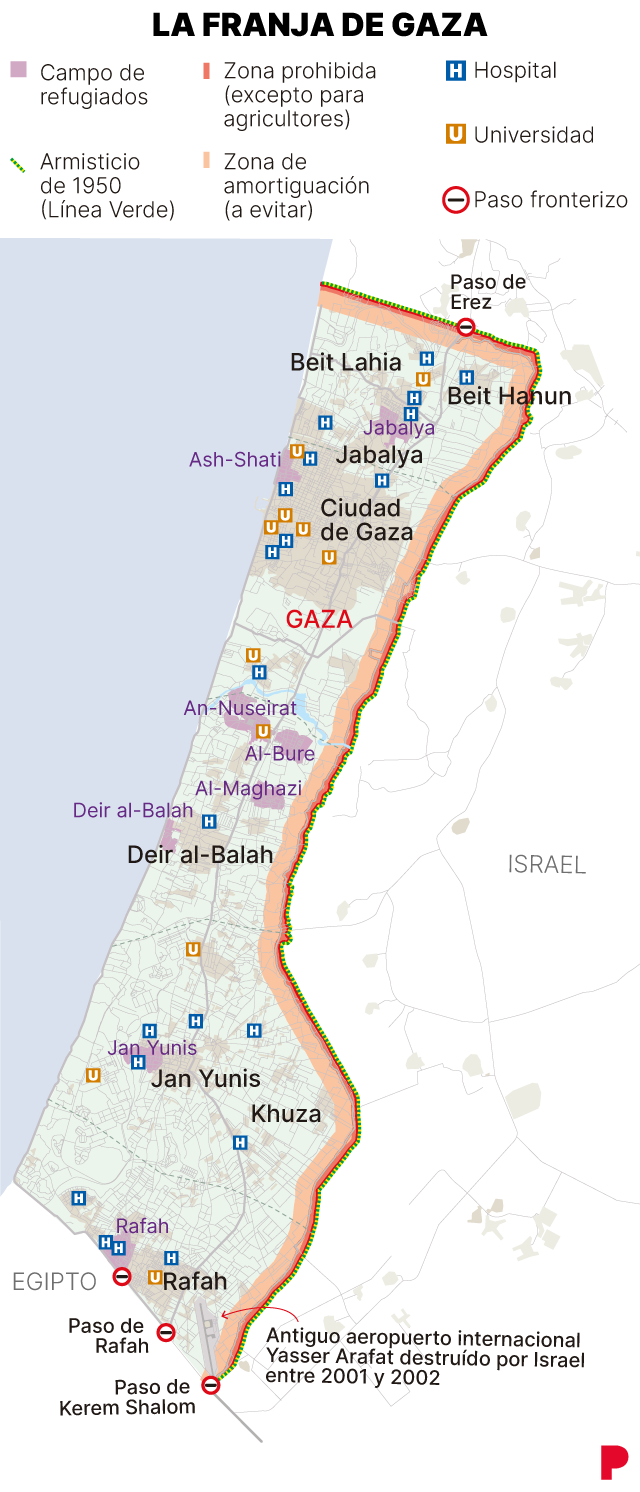Is Gaza, a territory steeped in history and hardship, teetering on the brink? The relentless cycle of conflict, coupled with the crippling impact of blockades, has brought Gaza to a crisis point, demanding urgent international attention and a comprehensive, long-term solution.
The situation in Gaza continues to deteriorate, with the specter of starvation looming over families. Aid agencies, including the United Nations, are sounding the alarm, reporting that children are going to bed hungry. The blockade imposed on Gaza by Israel, now in its second month, is severely restricting the flow of essential supplies, exacerbating an already dire humanitarian situation. The destruction wrought by the year-long offensive has left vast swathes of the Gaza Strip in ruins, with an estimated 40 million tons of debris and rubble, according to the UN. This level of devastation has created a breeding ground for disease, as sewage-tainted water contaminates the environment.
Amidst this backdrop of unparalleled suffering, the work of humanitarian organizations becomes even more critical. However, their efforts are constantly challenged by the ongoing conflict. The United Nations Relief and Works Agency for Palestine Refugees (UNRWA) emphasizes the extreme dangers faced by humanitarian workers in Gaza, highlighting the need for greater protection. Medical personnel, including paramedics, have been targeted in the conflict, further diminishing the already fragile healthcare infrastructure. MSF (Doctors Without Borders) has called on Israeli authorities to safeguard the remaining healthcare system and ensure medical evacuations for those in need. The international community must act to prevent further destruction and ensure the safety of civilians and humanitarian aid workers.
The roots of the current crisis lie deep within the complex history of the Israeli-Palestinian conflict. Agreements in the aftermath of the 1948 Arab-Israeli War saw Egypt occupying the Gaza Strip, while Jordan controlled the West Bank and East Jerusalem. Today, the unresolved issues and the ongoing conflict continue to inflict suffering on the civilian population of Gaza, perpetuating a cycle of violence and instability.
Recent video footage captured the moment an Israeli airstrike struck Beit Lahia, offering a glimpse into the intensity of the conflict. The continued airstrikes, coupled with the blockade, underscore the urgent need for a ceasefire and for international intervention to protect civilians. The international community must demand accountability for any violations of international law and ensure that the rights of Palestinians are upheld. The path forward requires a commitment to a just and lasting resolution to the Israeli-Palestinian conflict, addressing the root causes and securing the future of Gaza and its people.
Gaza's electricity supply, a critical component of daily life, is also severely compromised, exacerbating the crisis. The lack of electricity impacts every facet of life, from hospitals to homes. This is yet another factor contributing to the ongoing humanitarian crisis. It is imperative that the international community work together to provide the necessary relief to the people of Gaza. The world must not stand idly by while a population endures such hardship.



